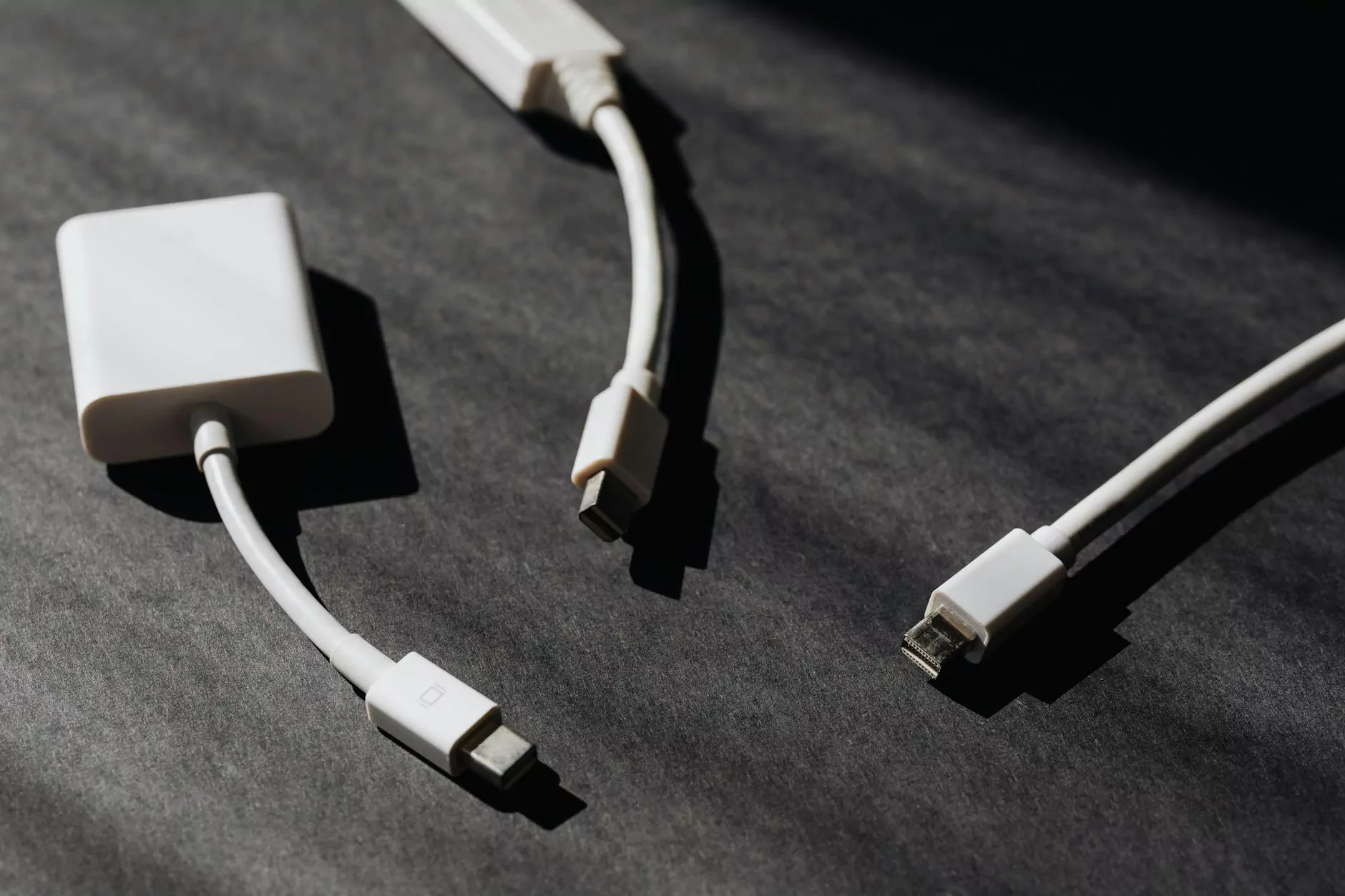Internal Links Vs. External Links What's The Difference?
Blog
In the world of SEO, two types of links play a crucial role in determining the visibility and ranking of a website - internal links and external links. Understanding the difference between these two types of links is essential for any business aiming to improve their online presence. In this comprehensive guide, we will dive deep into the concept, advantages, and best practices associated with internal and external links to help you make informed decisions for your website.
What are Internal Links?
Internal links are hyperlinks that connect different pages within the same domain. They allow website visitors and search engine crawlers to navigate through the site's content easily. Internal links primarily serve two main purposes:
- Navigation: Internal links create a hierarchical structure within a website, enabling users to explore different pages and access relevant information conveniently. They facilitate a smooth user experience and help visitors find what they're looking for quickly.
- SEO Power: Internal links contribute to the overall SEO strategy of a website. When search engines crawl a website, they use internal links to discover new content and understand the site's architecture. Effective internal linking helps search engines determine the importance and relevance of specific pages, leading to better visibility in search results.
When implementing internal links, it's crucial to follow best practices to maximize their benefits. Here are a few key tips:
- Anchor Text: Use descriptive and keyword-rich anchor text that accurately describes the content of the page you are linking to.
- Relevance: Link to pages that are contextually relevant to the current page. This helps search engines understand the topical relationships between different pages on your website.
- Site Structure: Create a logical site structure with a clear hierarchy. Ensure that each page is reachable within a few clicks from the homepage, enhancing user experience and search engine crawlability.
- Internal Link Quantity: Avoid excessive internal linking, as it can dilute the importance of the linked pages. Focus on quality and relevance instead.
Exploring External Links
Unlike internal links, external links are hyperlinks that point to pages on different domains. They are also known as outbound links. External links play a crucial role in determining the credibility, authority, and overall SEO strength of a website.
Here are some important aspects to consider when it comes to external links:
- Authority and Trust: When your website is linked to by other authoritative domains, it helps establish credibility and trustworthiness in the eyes of search engines. Obtaining high-quality external links from reputable sources can significantly boost your website's SEO performance.
- Relevancy: Aim to obtain external links from websites that are relevant to your industry or niche. Relevant external links demonstrate to search engines that your website is associated with trusted sources of information.
- Natural and Organic Link Building: Rather than artificially manipulating external links or participating in link schemes, focus on creating high-quality content that naturally attracts links from other websites. This approach is more sustainable and helps build a strong online presence in the long run.
- Guest Blogging: Writing and publishing guest posts on relevant, authoritative websites within your industry can be an effective way to acquire external links while showcasing your expertise and expanding your reach.
Internal Links Vs. External Links - Which is More Important?
Both internal and external links are integral parts of a comprehensive SEO strategy. While internal links primarily improve website navigation and help search engines understand the structure of your site, external links provide signals of trust, credibility, and authority to search engines.
It's crucial to strike a balance between both types of links and ensure they work in harmony to maximize your website's visibility and ranking potential.
Conclusion
The difference between internal and external links lies in their destination - whereas internal links connect pages within the same domain, external links direct visitors to pages on external domains. Understanding the nuances and best practices associated with these types of links is crucial for enhancing your website's SEO performance.
By implementing effective internal linking strategies, you can improve user experience, navigate visitors through your website seamlessly, and provide search engines with valuable information about your site's structure. Additionally, earning high-quality external links can help establish authority, credibility, and trustworthiness, ultimately boosting your website's visibility in search engine results pages.
Remember, a comprehensive SEO strategy involves various factors, and the quality of your content is just one piece of the puzzle. Consistently creating valuable, informative, and engaging content, backed by strong internal and external links, can significantly contribute to the success of your website in search engine rankings.




